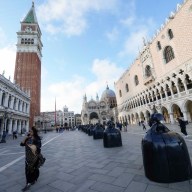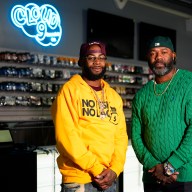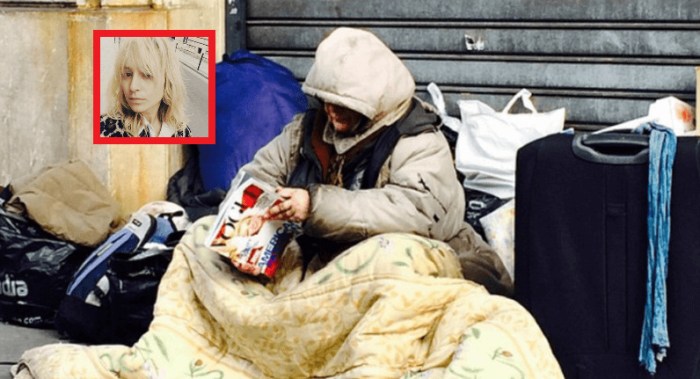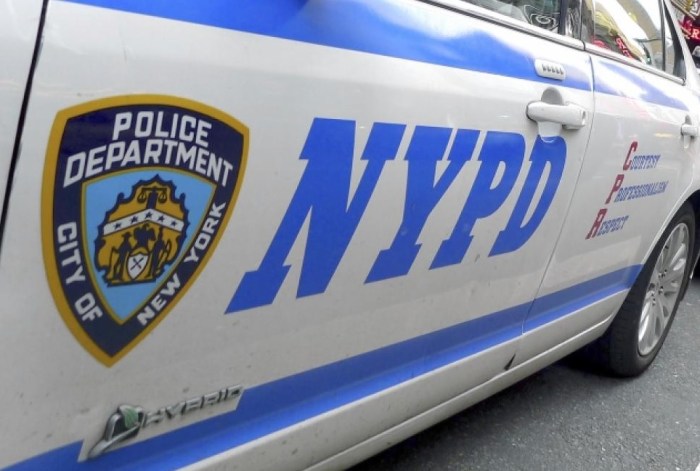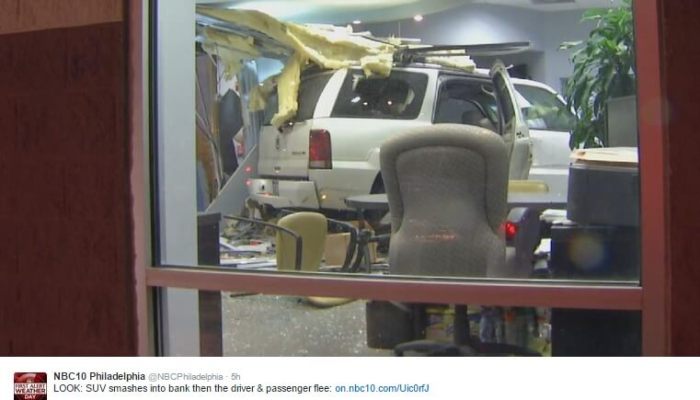There are lists for everything nowadays — and Greenpeace has a doozy for environmentally-conscious canned tuna lovers. The activist group on Monday released a ranking of 14 brands that examines “fundamental sustainability standards.”
It found that three of the most popular brands, representing 80% of the American tuna mark, among the worst offenders: Bumble Bee, Chicken of the Sea and StarKist. The Big Three were among eight brands at the bottom of the list — including WalMart and Kroger — that received failing grades from the activists. “Consumers should know that popular and trusted canned tuna brands are contributing to ocean destruction at an alarming rate,” said Greenpeace Seafood Markets Lead Graham Forbes. “While the biggest brands have thus far refused to offer sustainable tuna, the silver lining here is that other companies are stepping up to provide ocean safe options for their customers.” The top three of the six Greenpeace really likes are made by Wild Planet, American Tuna and Ocean Naturals – all offering ocean safe products, the group says.
Whole Foods also ranked near the top in the guide , but it, Trader Joe’s and Hy-Vee and Trader Joe’s “continue to have some outstanding sustainability concerns.” The group’s methodology looked at:
*Whether the fishing method harms other marine life. Among Greenpeace’s biggest concerns is the use of longline fishing — multiple hooks on a single line that can stretch for miles.
“Thousands of tons of seabirds, sea turtles, sharks and other marine life are hooked and then left to die on the lines. Up to 35 percent of the longline catch can be species other than tuna, many of which are already vulnerable,” the group said. “Unfortunately, dolphin safe does not mean ocean safe. Turtles, sharks and other vulnerable ocean life are collateral damage in tuna fisheries that supply the US market,” added Forbes. “The big players have a responsibility to join forward-thinking brands in building a more responsible tuna industry. As the market continues to shift, selling products that are bad for our oceans will be bad for business.” Starkist insists it is “committed to responsible practices and protecting our natural resources.
On its website, detailing its policies, the company says : “StarKist is committed to sustainability. As America’s leading tuna brand, we are actively working to ensure that there is plenty of tuna today…and for generations to come.” “StarKist is proud to lead, support and champion the endeavors of several trade and industry organizations that are committed to protecting our seafood resource. These organizations include the National Fisheries Institute (NFI), Tuna Council and the International Seafood Sustainability Foundation (ISSF).”
*Whether companies avoid shark finning.
*Whether companies can trace their products back to the sea.
*The social responsibility of the companies.
*How it treats its workers.
How’s your tuna ranked? Greenpeace hits Starkist as least sustainable
“Each brand has a comprehensive approach to sustainability and sources from operations striving to be fair and socially responsible,” a statement from group said.









